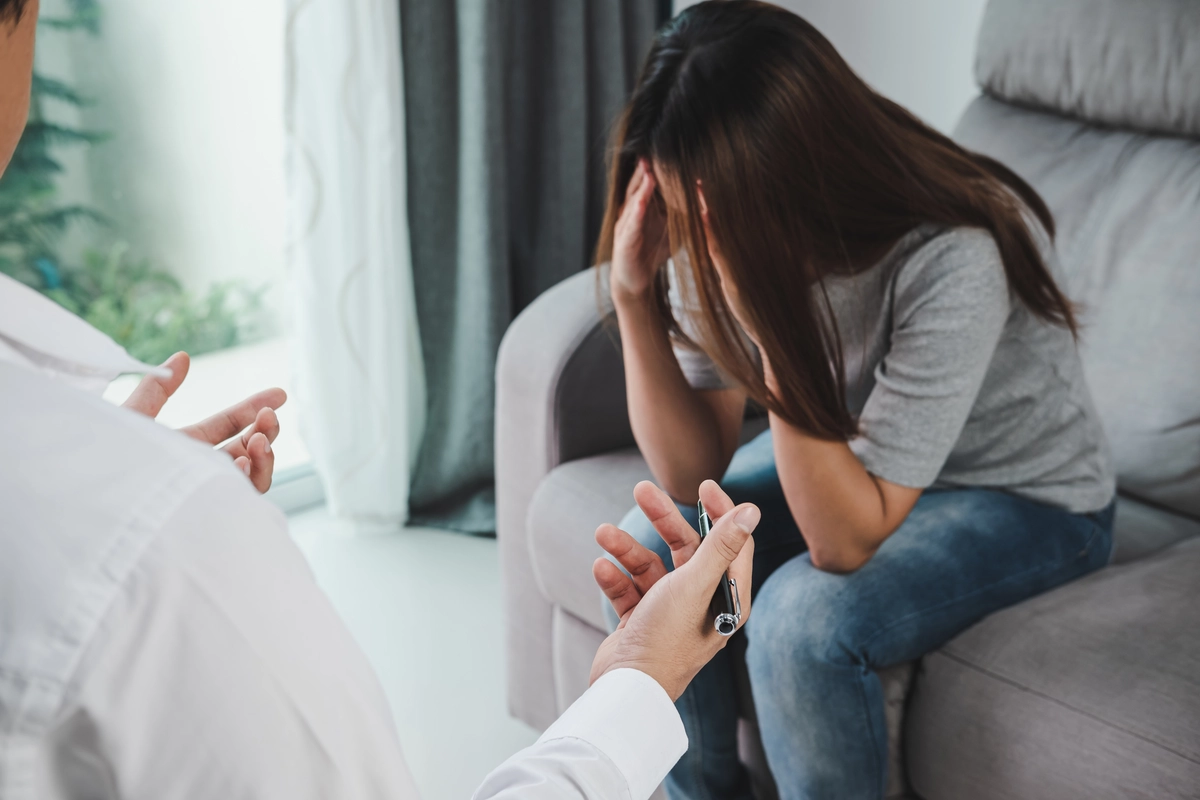24/7 Helpline:
(866) 899-221924/7 Helpline:
(866) 899-2219
Learn more about Anxiety Treatment centers in Ocheyedan
Anxiety Treatment in Other Cities

Other Insurance Options

BlueShield

Meritain

BHS | Behavioral Health Systems

Multiplan

AllWell

MVP Healthcare

Ambetter

Optum

Access to Recovery (ATR) Voucher

Evernorth

Oxford

Covered California

American Behavioral

Magellan

Ceridian

WellPoint

Humana

Holman Group

Carleon

Health Net









